Canadian Sport Institute Calgary’s Integrated Support Team Provides the Backbone to Bobsleigh Canada Skeleton
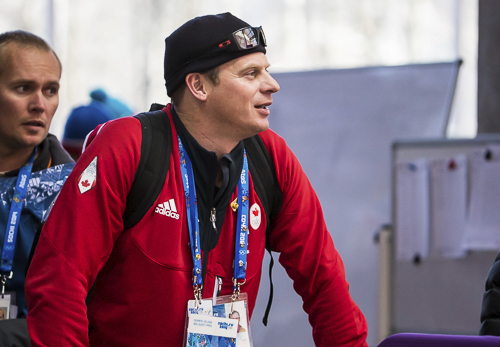
The Canadian bobsleigh and skeleton team kicked off their post-Olympic season last week with strong World Cup races in Lake Placid, New York. This week at Canada Olympic Park, the team will treat Calgarians to a display of their speed, size, and determination as World Cup #2 gets underway. Adding to the already amazing event, […]
Alberta Slalom Canoe Kayak Team Benefits from World Leading Specialists
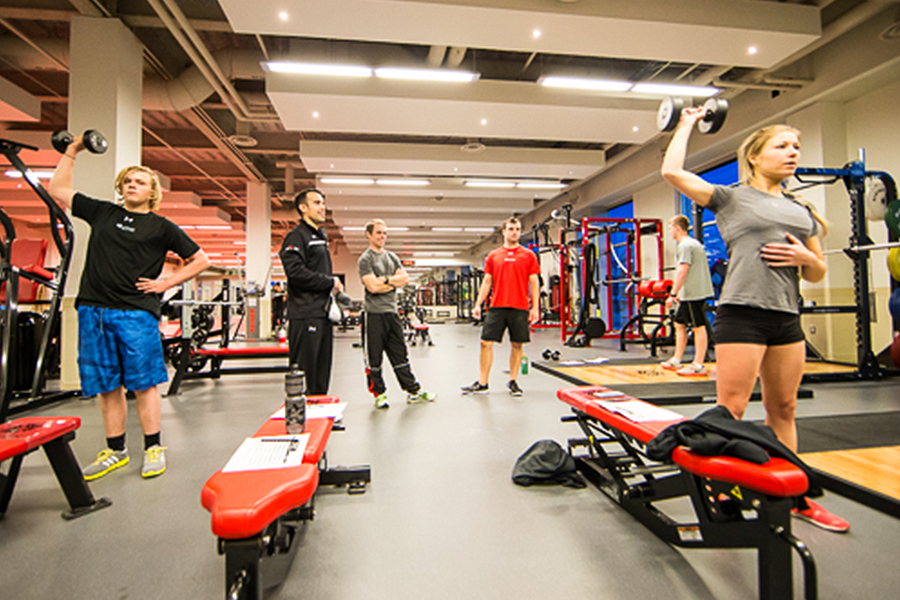
The Alberta Slalom Canoe Kayak Team lead by High Performance Head Coach Michael Holroyd has been improving in leaps and bounds, thanks in large part to a partnership they have formed with the Alberta Sport Development Centre (ASDC) Calgary and the Canadian Sport Institute Calgary (CSIC). The diverse training group that has been utilizing the […]
High Performance Dietitian Kelly Drager Educates the Experts
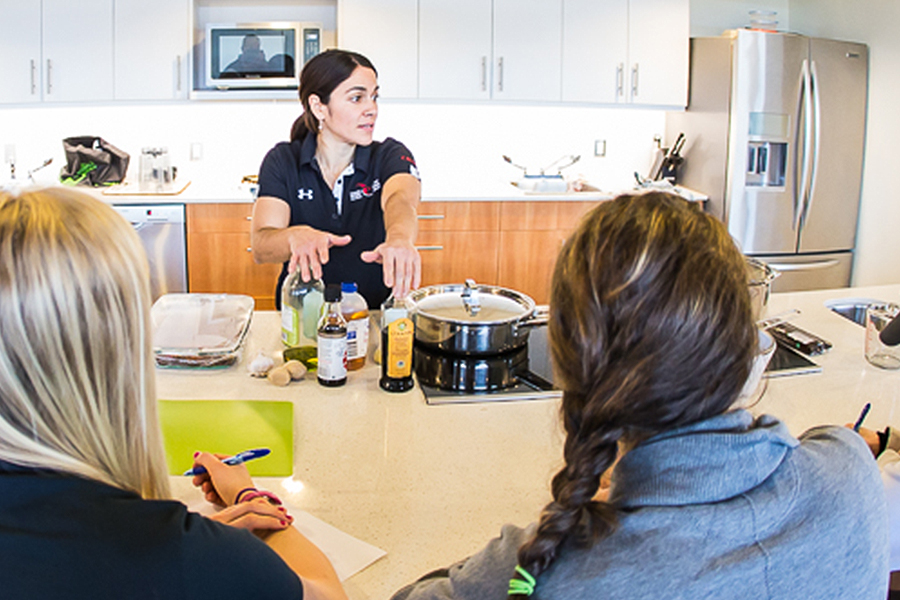
Many of the Canadian Sport Institute Calgary’s (CSIC) specialists have had the privilege of being recognized as national leaders within their respective fields. This list includes Registered Dietitian Kelly Drager, who recently spent time in Montreal sharing her research findings with other sports experts from around the country. Drager presented in Montreal after being asked […]
Biomechanics and Performance Analysis Give Athletes the Winning Edge
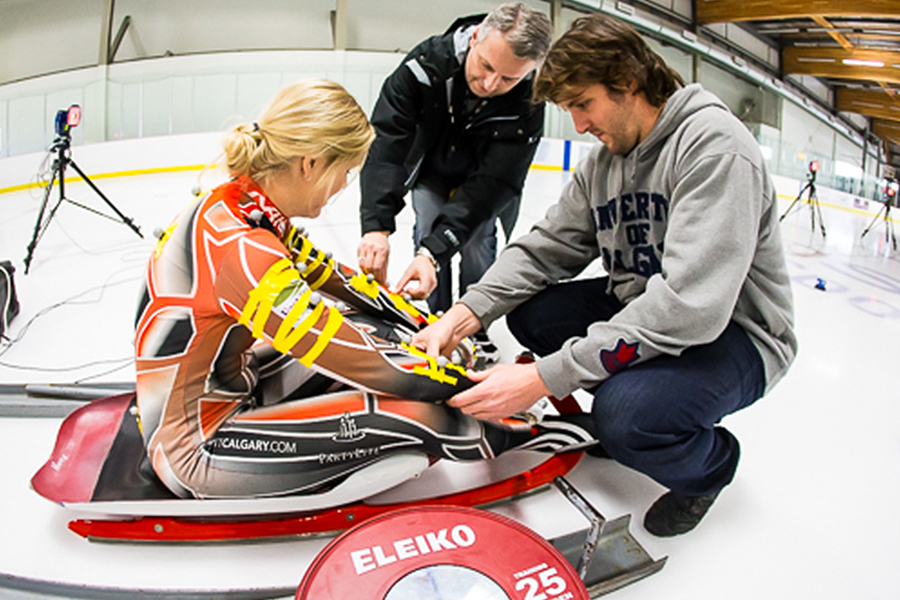
Although they have played a part in many athletes’ careers, the Canadian Sport Institute Calgary’s Biomechanics and Performance Analysis Team of Pro Stergiou and John Horton often do not get the credit they are due. Working behind the scenes to help athletes in summer, winter, and para sports shave precious hundredths and thousandths of seconds […]
Canadian Sport Institute Calgary Leads By Example
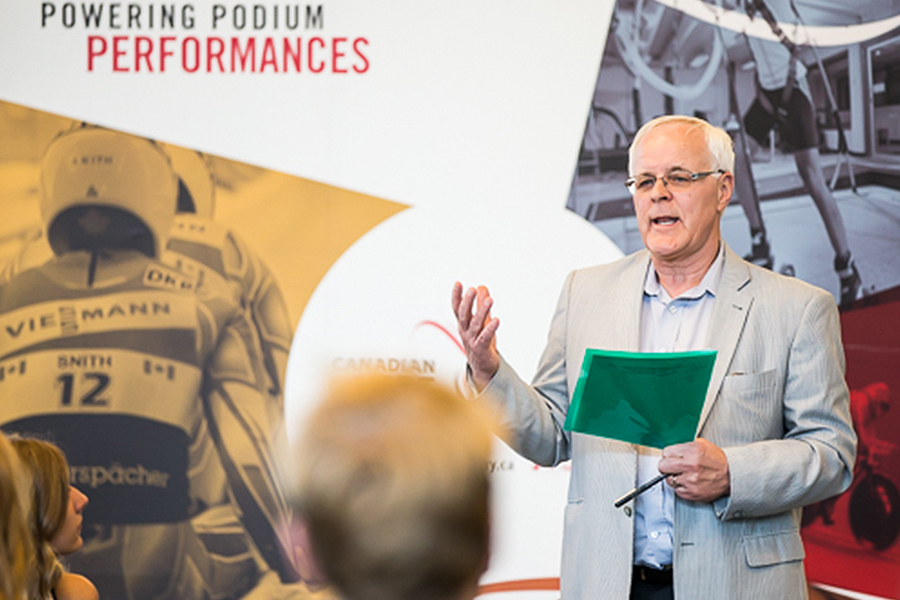
The Canadian Sport Institute Calgary (CSIC) is recognized for being world-leaders in many areas of athlete development. It is due to this recognition that the CSIC has become accustomed to facilitating opportunities to learn and share information with many representatives from other sport organizations both domestically and internationally. Dale Henwood, President and CEO of the […]
Kirsti Lay and Allison Beveridge Start the Cycling Season with World Cup Silver
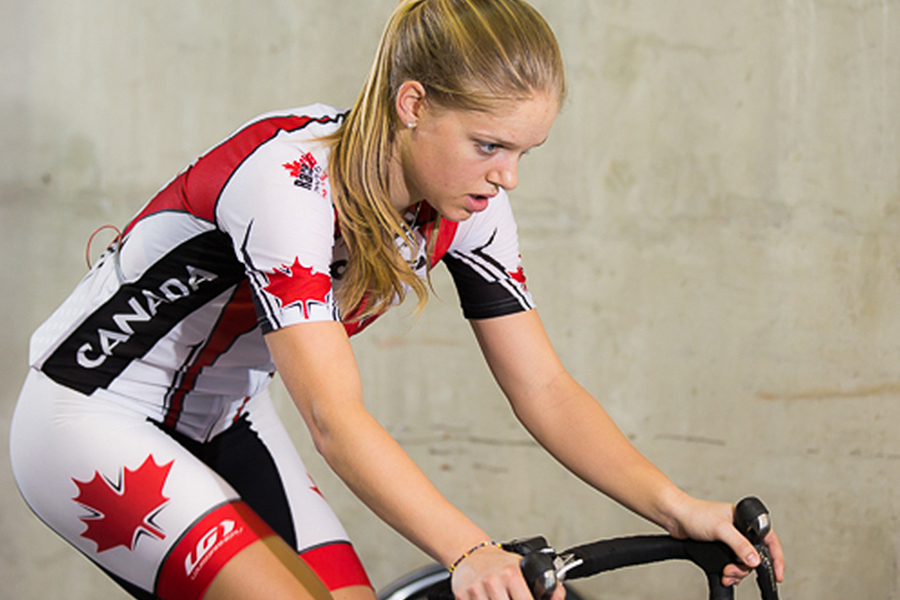
The Canadian Sport Institute Calgary’s (CSIC) Athlete Development Project achieved its first international success on November 8 when Kirsti Lay won a silver medal at World Cup #1 in Guadalajara, Mexico. Lay joined the 2014 World Championship silver medalists to start off the season after being a competitive track cyclist for only two years. Lay, […]
Where Are They Now? CSIC Alumni Champions Girls in Sports
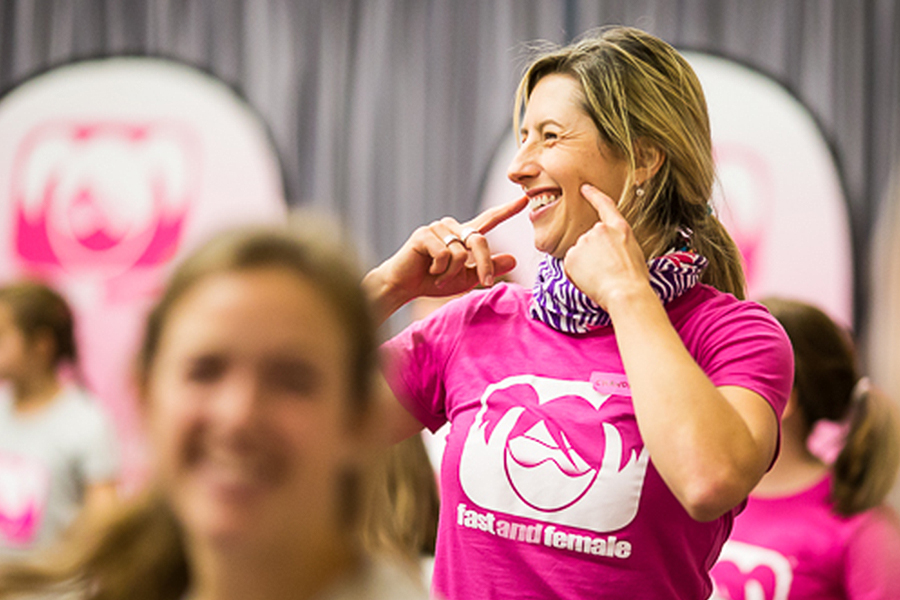
One year before Chandra Crawford’s legendary success as an Olympic Cross-Country Skiing Gold Medalist, she came to a realization: “We have to do something to keep girls in sports.” She had witnessed first-hand the plethora of talented girls that had stopped participating in sports because they felt pressure to conform to more traditionally feminine pursuits. […]
Carruthers, Mian, and Sullivan Awarded ARC Resources Ltd. Inspiring Excellence Scholarship
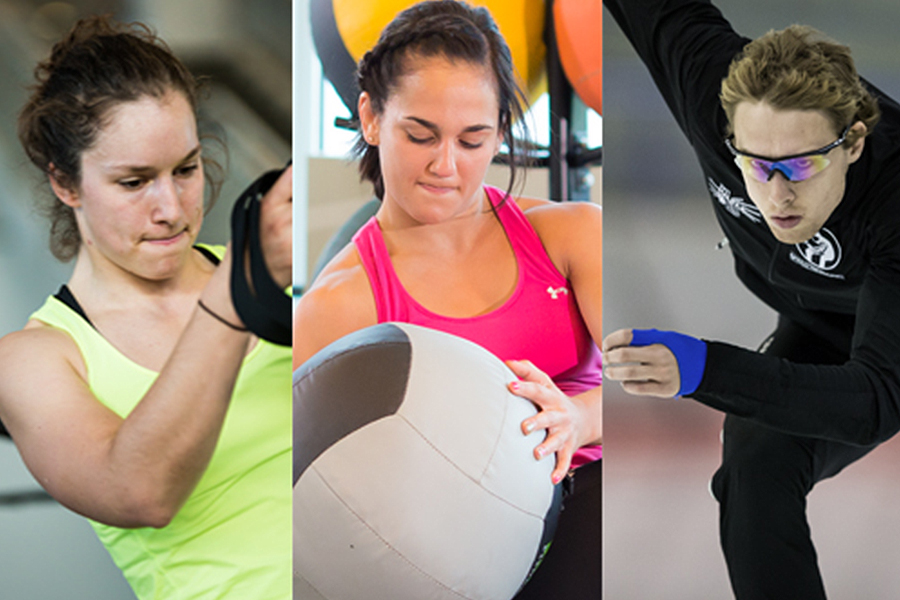
For the fourth consecutive year, ARC Resources Ltd. has partnered with the Canadian Sport Institute Calgary to award three $5000 scholarships to high performance student athletes. Wrestler Jasmine Mian, track cyclist Monique Sullivan, and speed skater Dan Carruthers are the ecstatic recipients of this year’s funding. Recipients of the scholarship are put through a rigorous […]
Canadian Sport Institute Calgary’s Workshop Line-Up Enhanced by CAAWS
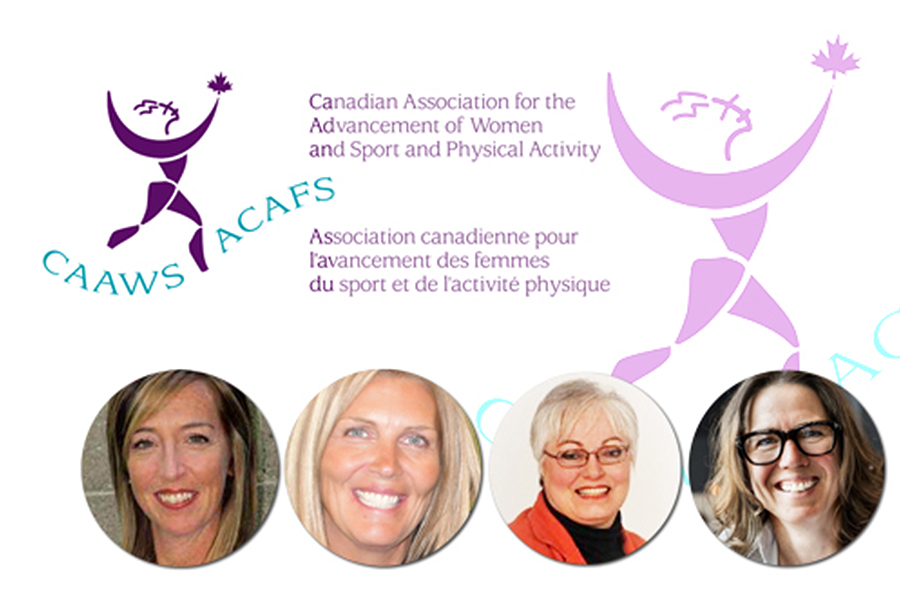
Mingling with ambitious female leaders over lunch while gaining valuable skills and insight into how to increase professional development sounds like a dream afternoon for many women. For that reason, the Canadian Sport Institute Calgary has partnered with the Alberta Sport Connection to host a series of women’s empowerment and leadership workshops presented by the […]
Lasting Partnership Proves Successful for Michael Sametz
Calgary’s Michael Sametz is looking towards the 2016 Paralympic Games. After his recent breakthrough winning both the Time Trial and the Road Race at the National Championships in Lac-Mégantic, Quebec, the 18-year-old has every reason to be optimistic that he will be a part of the team representing Canada in Rio de Janeiro. Sametz’s success […]
